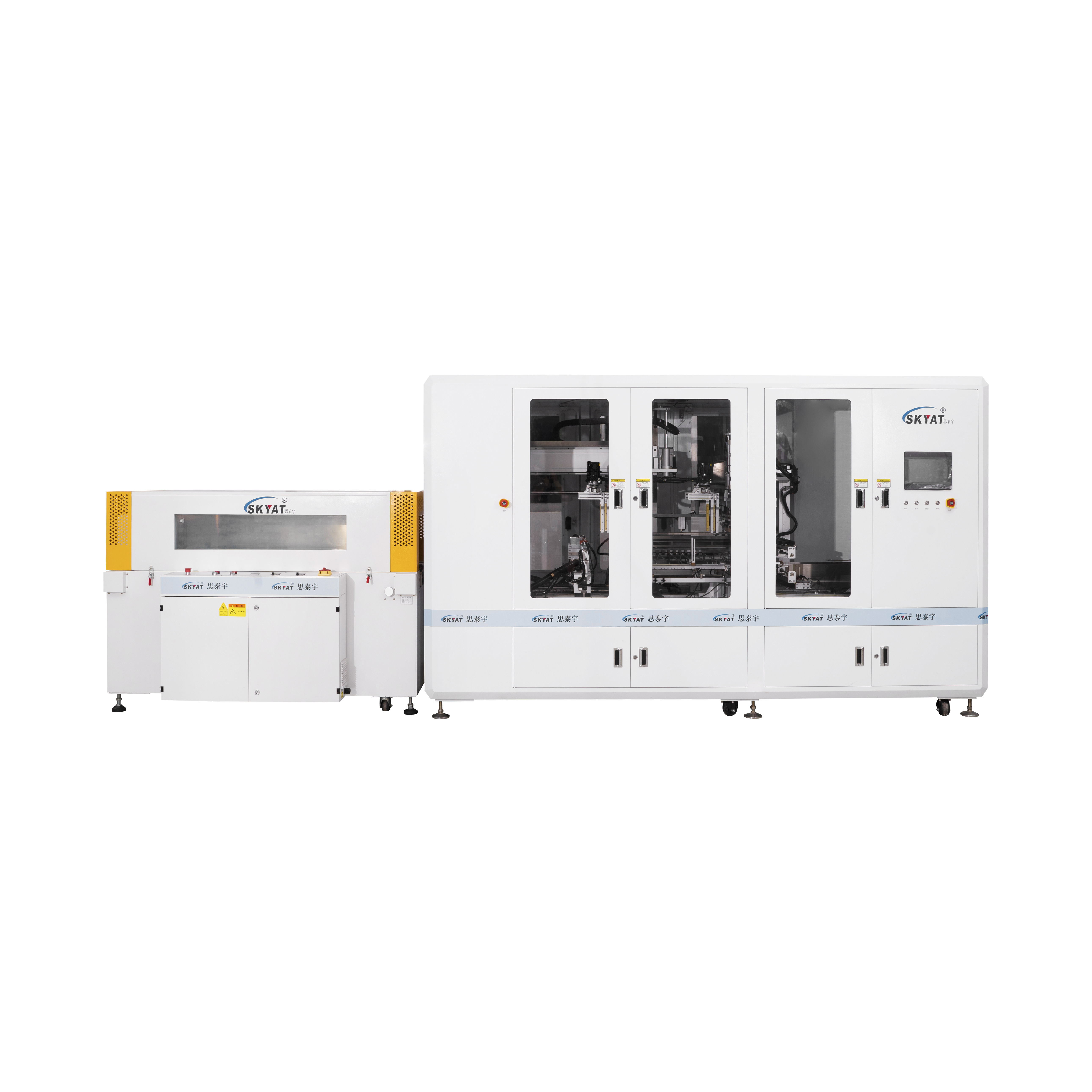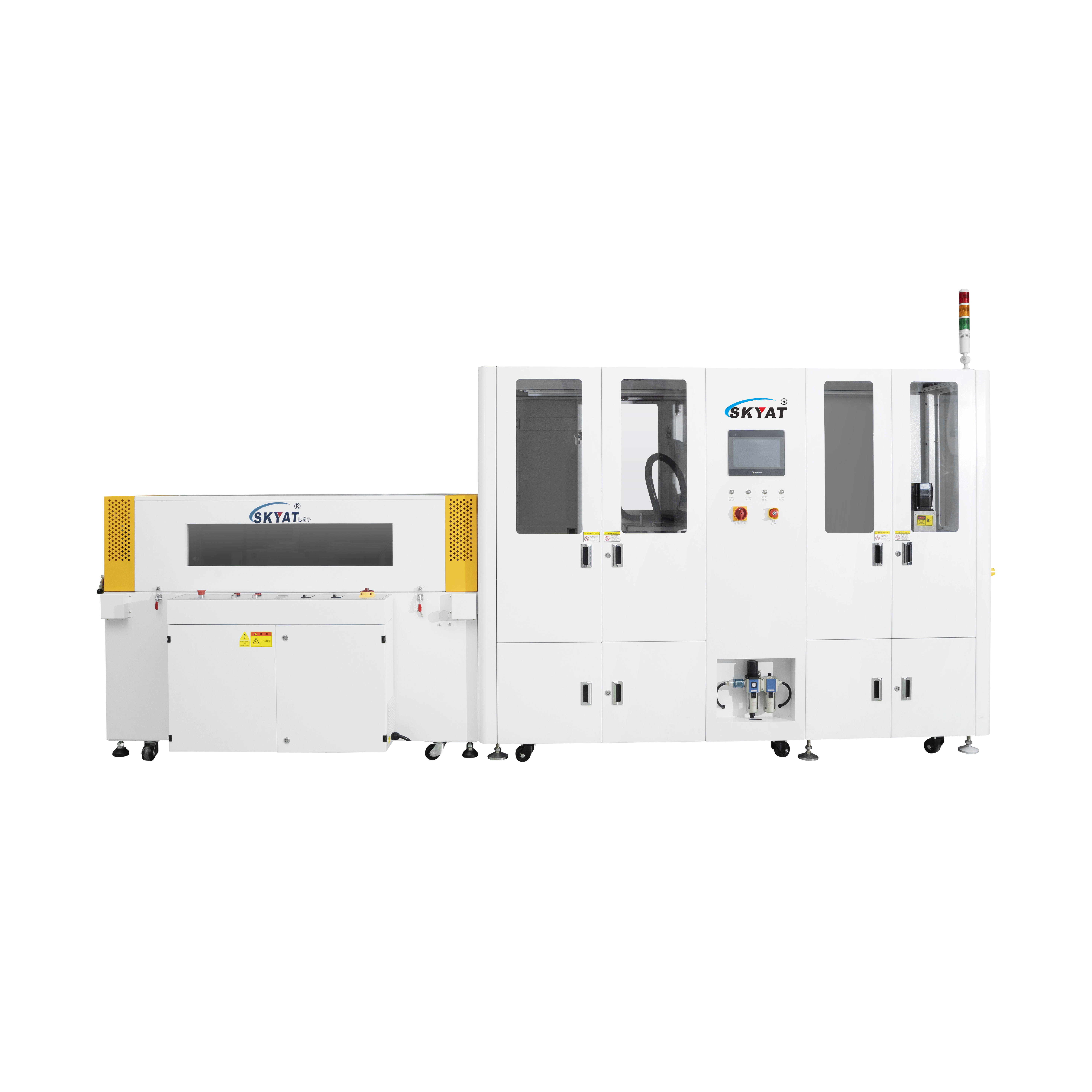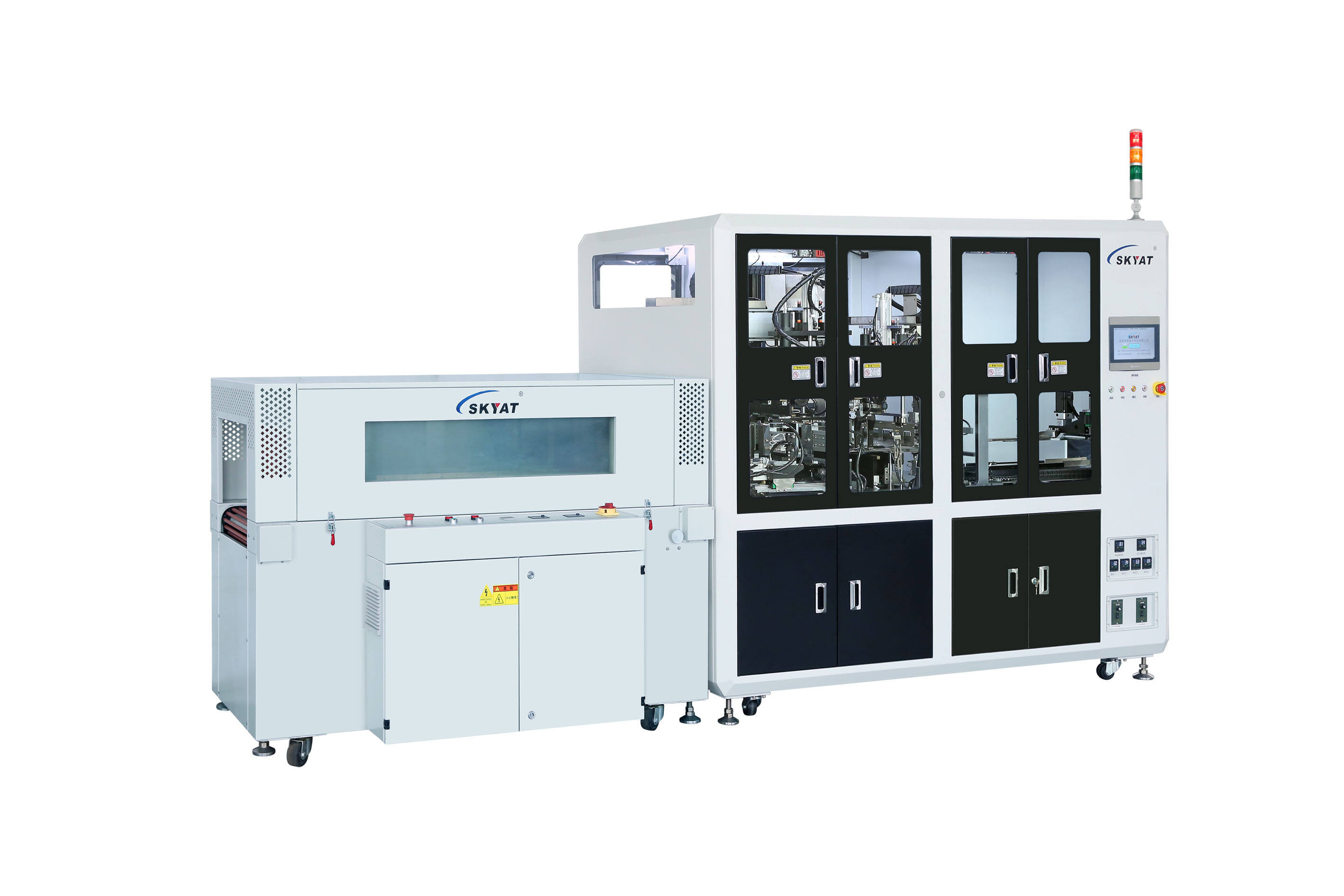Investing in a shrink wrap machine is a significant decision that impacts your packaging efficiency, product protection, and long-term operational costs. This guide helps businesses across industries—from electronic manufacturing and automotive production to tea packaging and cosmetic lines—navigate the purchasing process, ensuring you select a machine that aligns with your needs, budget, and growth plans. First, define your requirements. Start by analyzing your product specifications: size, shape, and material. Small, lightweight items like smart electronics components may only need a tabletop machine, while large, heavy products such as steel parts or ceramic vases require industrial-grade, floor-standing models with robust conveyors. Consider your production volume: high-volume industries like game console manufacturing need high-speed machines capable of 50+ items per minute, while low-volume operations e.g., small-batch healthcare product production can opt for slower, more affordable units. Also, identify film type compatibility—ensure the machine works with your preferred film PVC, PE, POF, or specialized options like biodegradable films to avoid material waste. Next, evaluate machine features. For industries prioritizing precision, such as pharmaceuticals, look for models with adjustable temperature controls and tension settings to prevent product damage. If versatility is key e.g., for businesses with diverse product lines like clothing and drones, choose machines with modular designs that allow easy adjustments for different sizes. Energy efficiency is a growing concern—opt for machines with advanced heating elements and insulation to reduce electricity usage, a plus for new energy -focused brands. Safety features, including emergency stop buttons and heat shields, are non-negotiable for operator protection, especially in busy environments like automotive plants. Set a realistic budget. Costs vary widely: tabletop machines start at a few hundred dollars, while industrial systems with automation can exceed tens of thousands. Factor in long-term expenses, such as maintenance, replacement parts, and energy consumption, rather than focusing solely on upfront price. Consider financing options if needed, as a reliable machine can deliver ROI through increased productivity and reduced waste. Research suppliers thoroughly. Choose manufacturers or vendors with a proven track record in your industry—look for reviews, case studies, and references from businesses similar to yours. Ensure they offer comprehensive support, including installation assistance, operator training, and responsive after-sales service. Warranties are critical: aim for at least a 1-year warranty covering parts and labor, with options to extend coverage for high-investment machines. Finally, test before purchasing. Request a demo with your actual products to assess performance—check for consistent wrapping, speed, and ease of use. This step is vital for verifying that the machine handles your specific items, whether fragile electronic parts or irregularly shaped drone components. By following these steps, you’ll select a shrink wrap machine that not only meets your current needs but also scales with your business, supporting growth in industries ranging from cosmetics to steel manufacturing.




Copyright © 2025 By Skyat Limited. - Privacy policy